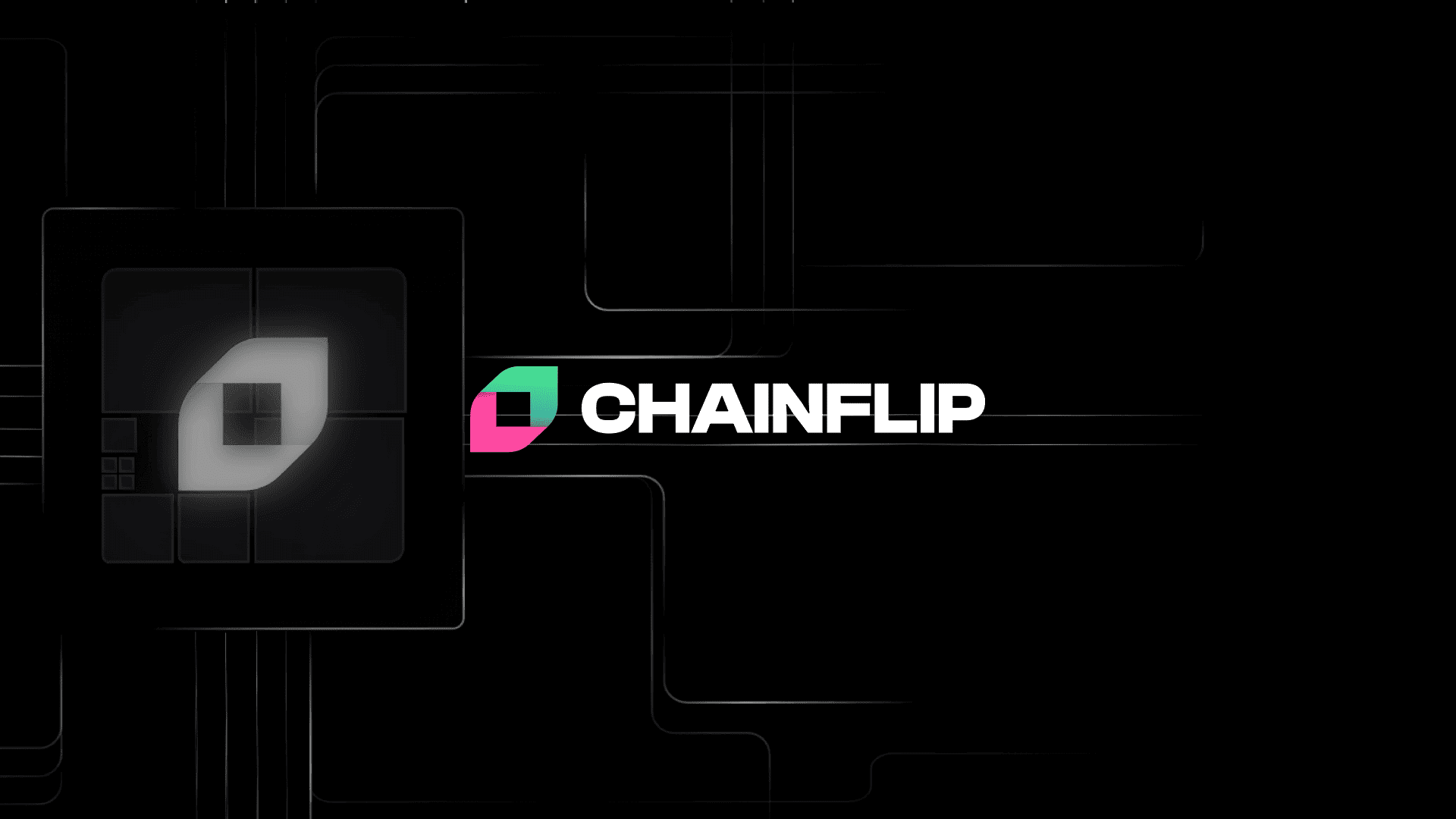
Chainflip is a project that aims to address the challenges present in the decentralized exchange market by becoming the go-to on-chain trading facility for Web3 ecosystems and builders needing cross-chain support. It operates as a decentralized exchange across multiple blockchain networks, utilizing a proof-of-stake validator network and threshold signing schemes for enhanced efficiency. The project's Just-in-Time (JIT) Automated Market Maker (AMM) Protocol is designed to provide users with a seamless and highly efficient way to trade digital assets. The FLIP token is the ERC-20 protocol token for the Chainflip decentralized exchange, which allows the multi-chain aspect to issue tokens on Ethereum for enhanced accessibility and adoption.
What is Chainflip
Chainflip is a decentralized exchange that operates across multiple blockchain networks. It utilizes a proof-of-stake validator network and uses threshold signing schemes for enhanced efficiency. The project's flagship product is the unique JIT AMM Protocol, designed to provide users with a seamless and highly efficient way to trade digital assets.
Chainflip aims to differentiate itself from other cross-chain products on the market. In its lite paper, Chainflip identifies the following main issues currently present in the market:
- Liquidity fragmentation
- Unfavorable pricing and high transaction fees
- Overreliance on incentives
- Suboptimal capital efficiency and user experience
- Alarming degrees of centralization
- High exposure to security risks for users
Founding Team, Fundraising, and Recent Successes
Simon Harman founded Chainflip in 2020 as an independent venture within the Oxen Foundation. Over the years, Chainflip Labs has evolved into a team of over 30 members, working as engineers, designers, quants, and analysts. The team operates globally, with offices across Berlin, Dublin, and Melbourne.
The team raised $19.6M from private rounds and another $3.7M from the Coinlist sale in September. From this, they raised $10M from veteran crypto VCs, including Pantera Capital, Blockchain Capital, Framework Ventures, and Morningstar Ventures, along with numerous other backers, whose support ensures the team is well-prepared to address the challenges of the cross-chain sector with a wealth of experience.
$FLIP TGE and Mainnet Launch
On November 23rd, Chainflip completed its TGE across several solid exchanges, including KuCoin and Crypto.com. See the image below for key metrics:
JIT AMM Protocol, Validators, and Product Features
Chainflip utilizes a Cross-Chain Liquidity Network that incorporates Multi-Party Computation (MPC), specifically employing Threshold Signature Schemes (TSS). At its core, there is a permissionless network comprising 150 Validators overseeing Vaults (smart contracts/wallets) across various blockchains, establishing a decentralized Settlement Layer. The Chainflip State Chain, built on Substrate, serves as the Accounting Layer, overseeing balances and executing instructions for a decentralized cross-chain swapping protocol.
The Chainflip Just In Time (JIT) Automated Market Maker (AMM), modeled after Uniswap v3, operates seamlessly on the State Chain, streamlining cross-chain support by consolidating swapping logic within the Chainflip State Chain environment. Although these systems are logically distinct, they are both under the control of the same Validators within the Chainflip network.
Tokenomics
The FLIP token functions as the ERC-20 protocol token for the decentralized exchange of Chainflip. While Chainflip operates on its own blockchain, the multi-chain feature enables the issuance of the $FLIP token on Ethereum, enhancing accessibility and fostering wider adoption. Through staking activities on the Ethereum State Chain Gateway contract, these tokens are transferred to the Chainflip State Chain for utilization within the appchain environment.
The key role of the $FLIP token revolves around acting as collateral for Validator auctions. Validators, holding significant stakes, earn rewards from block rewards and collectively manage liquidity vaults to uphold the state chain for Chainflip. Additionally, $FLIP plays a crucial role in Liquidity Provision and Relaying services, facilitating the execution of instructions on the decentralized exchange. All transaction fees on the State Chain undergo systematic burning; a 0.1% fee is deducted from each swap, used to purchase and burn FLIP. With sufficient transaction volume, this process results in burning more FLIP than is emitted to validators.
What’s next for Chainflip
In the upcoming month, the team will work on the upcoming 'Berghain' release, which will introduce swapping and liquidity provider features on the Chainflip protocol. This release aims to ensure a seamless swapping experience with accurate pricing and low slippage for supported assets (ETH, DOT, BTC, and more) and all other assets through external Aggregator integrations, consolidating everything in one place.
Later in 2024, the team will work on expanding chain and wallet integration along with gas execution and support.



